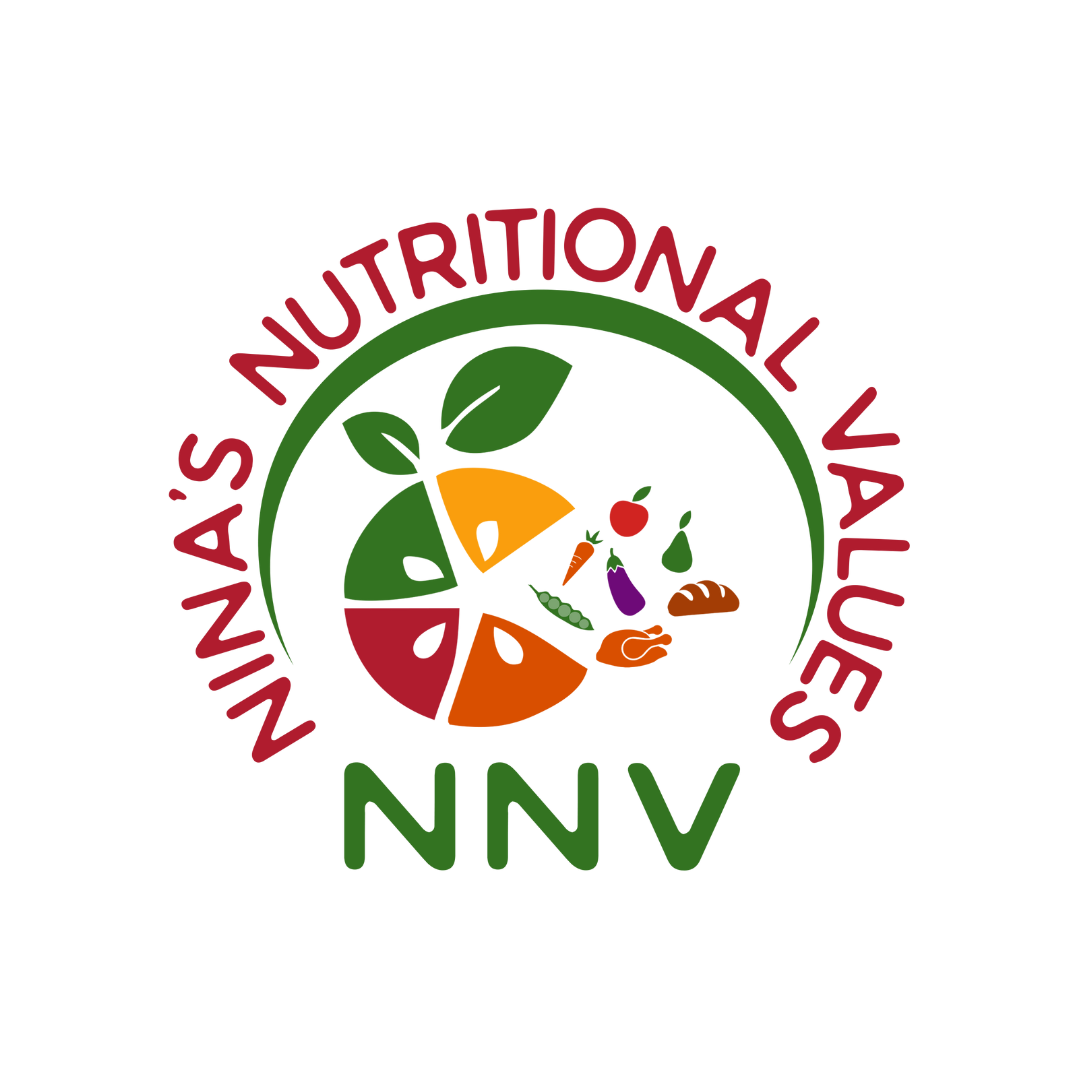What You Eat May Impact Your Skin’s Health
It’s easy to forget, but your skin is your body’s largest organ. It’s a protective layer first and foremost, but it’s also a primary part of how you present yourself to the world. Like all other organs, your skin requires nutrients to look, feel, and perform at its best. Let’s explore the basics of nutrition and your skin.
Beyond Topical
Topical skincare products are an essential part of your skincare routine. For example, when you shower, the combination of warm water and soap can strip your skin of its natural protective oils (sebum). Applying body lotion restores and locks moisture in. On your face, the skin is thinner and more prone to acne and irritation. So, you must use noncomedogenic products designed specifically for this delicate skin. Many moisturizers are also formulated with anti-aging antioxidants.
While topical skincare products are essential, radiant skin comes from within. Below we outline the foods that impact your skin most, both positively and negatively.
#1 Sugar
Sugar tastes amazing, but a diet high in processed sugar increases your risk of diabetes, obesity, and premature aging. Sugar also slows down the natural rate of collagen production and hardens collagen.
Collagen is the primary protein that the connective tissues (fascia) underneath your skin are made from. Collagen production naturally declines as you age, but the rate of decline is accelerated in those with high-sugar diets.
In terms of your skin, this can lead to a loss of elasticity that makes fine lines and wrinkles more apparent.
#2 Dehydration and Skin Health
In addition to applying body and face creams to hydrate your skin, you need to drink at least half an ounce of water for every pound of body weight. So, if you weigh 130 pounds, aim to drink approximately 65 ounces of water per day. Your body requires a bit more fluid than this, which can be consumed in fruits, veggies, dairy products, and other hydrating foods.
Signs that your skin is dehydrated include:
Sunken
Shadowy
Dull
Dark eye circles
More pronounced wrinkles
Itchy
What’s important to remember is that not all beverages are hydrating. For example, coffee, caffeinated tea, soda, and other sugary beverages don’t offer hydration.
You can hydrate with:
Water
Milk
Unsweetened sparkling water
Unsweetened herbal tea
Electrolyte beverages*
*Be mindful of the sugar content in sports drinks, coconut water, and other electrolyte beverages.
#3 Omegas
We can’t discuss nutrition and your skin without speaking of Omega-3 fatty acids. Omega-3 fatty acids play a role in:
Natural UV protection
Minimized acne
Decreased skin irritation
You can take omega supplements or eat foods that are naturally rich in omega-3 fatty acids, such as salmon, tuna, eggs, walnuts, avocado, soybeans, tofu, and flax seeds.
#4 Antioxidants
Your body is miraculous and designed to self-heal and repair. Eating skin-healthy foods supports your body in expelling toxins and activating cellular repair. Even with the healthiest diet, you are exposed to toxins daily. Toxins contribute to premature aging, internal inflammation, decreased immunity, and a variety of chronic diseases. Eating antioxidant-rich foods helps to expel these toxins.
All the foods mentioned above are skin-healthy but also prioritize getting a minimum of 5 servings of fruits and vegetables per day. This will provide you with the most bioavailable (easy to absorb) source of antioxidants.
#5 Foods That Promote a Youthful Glow
Ever wondered why some people’s skin is always luminous and glowing? There are a variety of skincare and beauty products that deliver an instant glow, but what you eat can promote a natural glow.
Shape details how the antioxidant, omega fatty acid, and water content in the foods below promote glowing skin:
Cucumbers
Oysters
Avocados
Salmon
Bone broth
Walnuts
Strawberries
Red peppers
Even when mixing the foods above into your weekly meals, prioritize a well-balanced diet with a diverse range of whole foods.
Want to Learn More About Optimizing Your Skin Through Nutrition?
Reach out to Nina’s Nutritional Values today to discuss nutrition and your skin!


